
Neil McArthur is a philosopher specializing in ethical issues around sex and love. He works at the University of Manitoba. Marina Adshade uses research, human insight and economic analysis to unlock the mysteries behind our actions, thoughts and preferences regarding sexual relationships, gender, love and power. She shows that every option, every decision and every outcome in the realm of sex and love is better understood through economics. Dr. Adshade has a Ph.D. from Queen's University and currently teaches economics at the Vancouver School of Economics at the University of British Columbia.
“I really love Valentine’s Day!” said no unattached person, ever. And why shouldn’t the holiday be depressing for singles, when everyone else is basking in the glory that is romantic love. While this feeling is understandable, it’s not exactly rational; being in love is no more wonderful, and probably quite a bit less so, on Valentine’s Day than it is on any other day of the year.
From an economic perspective, the value of Valentine’s Day is that it creates an environment in which those in relationships can get information about how committed their partner is. Of course, we look for this information throughout the year, but February 14 is the one day when you have to show your hand. From this perspective, Valentine’s Day is a massive coordinated effort in which men and women have little choice but to spend time and money to assure their partners that they are loved.
And boy do they spend. The National Retail Federation predicts that Americans will spend a total of $19 billion on Valentine’s giving this year. That averages out to $142 per person celebrating the holiday.
But it is not just the expense that makes it better to be single on Valentine’s Day. To understand why you are better off unattached, it is best to think of gift giving on this day as a type of Prisoner’s Dilemma, the outcome of which determines whether or not a person wants to stay in a relationship.
Valentine’s Day, essentially, is a game in which each person who is in a relationship must choose between two strategies; buy a gift for their significant other or do nothing to celebrate the day. Given that there are two players, each with two strategic options, there are three possible outcomes that can happen on the big day.
The first outcome is that both choose to buy gifts. In this case, both will be satisfied that their partner is committed to the relationship, but that satisfaction comes at a cost. Unlike Christmas, when you occasionally get things you actually want, the vast majority of spending on Valentine’s Day is on items that people do not choose for themselves; 53% receive candy, 38% receive flowers, 21% receive jewelry, and 51% receive greeting cards. The reason we rarely buy these things for ourselves is because they cost more than we personally value them. So when our partners buy them for us, they are not getting the biggest bang for their buck in terms of our happiness.
And on Valentine’s Day, these things often cost more than they do on other days of the year.
The second outcome is that one person in the relationship buys a gift and the other does not. This will likely leave the gift giver with the impression that his or her partner is not committed to the relationship. From now until the middle of March is the one of the biggest times of the year for break ups, according to data from Facebook, and 53% of women say they would dump a guy who ignored Valentine’s Day, two facts that suggest that people who choose this strategy do not end up with much relationship happiness.
The final outcome is that neither person in the relationship gives a gift. This is the outcome that has the biggest return for the couple, especially for those who are already confidently committed. But it is also the outcome that is least likely to occur; the risk is just too high that one person will decide, maybe even at the last minute, to buy a gift for either partner to take the chance that they are going to find themselves in the second outcome — and potentially in the dog house.
Photographing a Kiss: Long Time Love Affairs
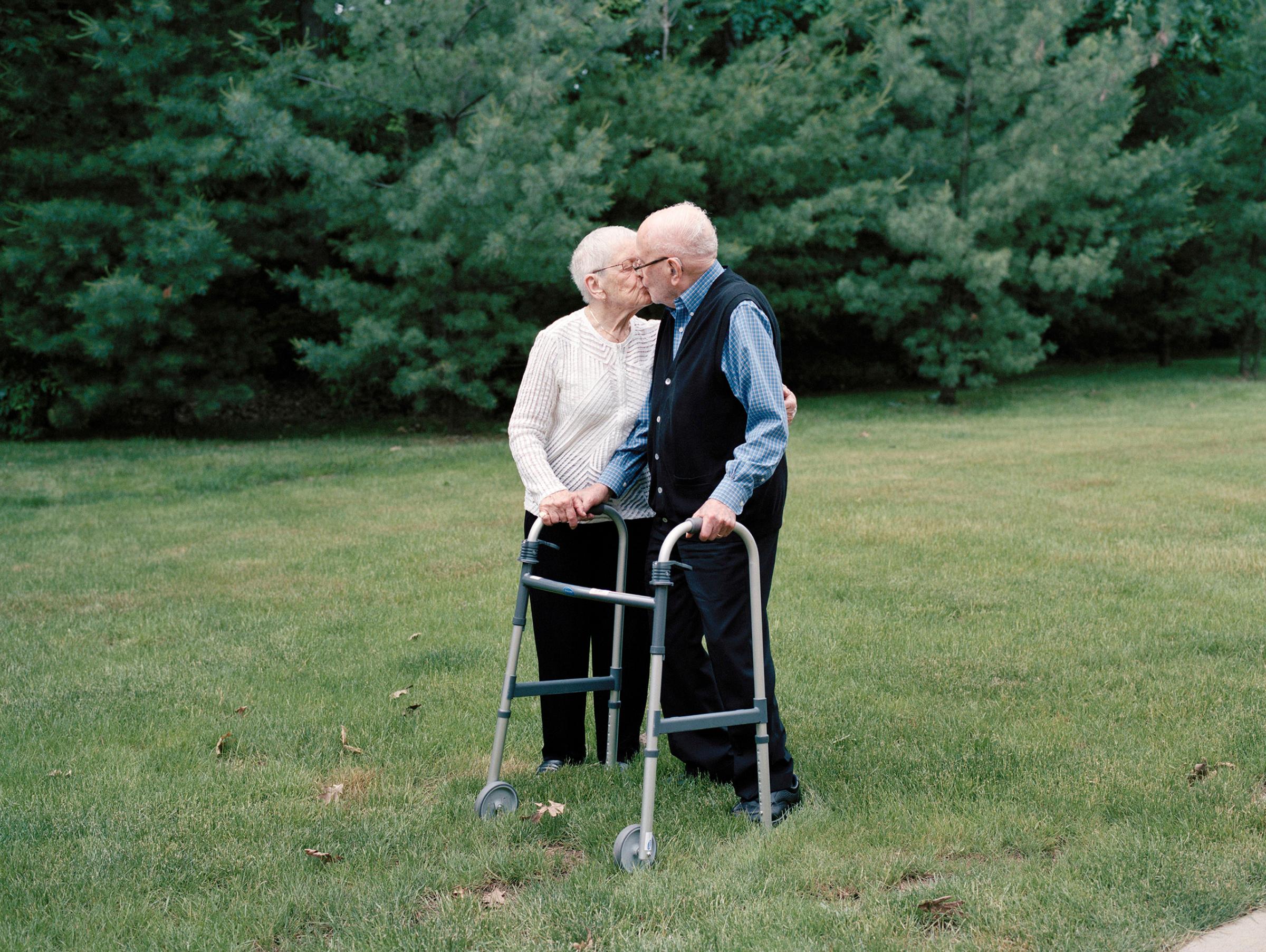
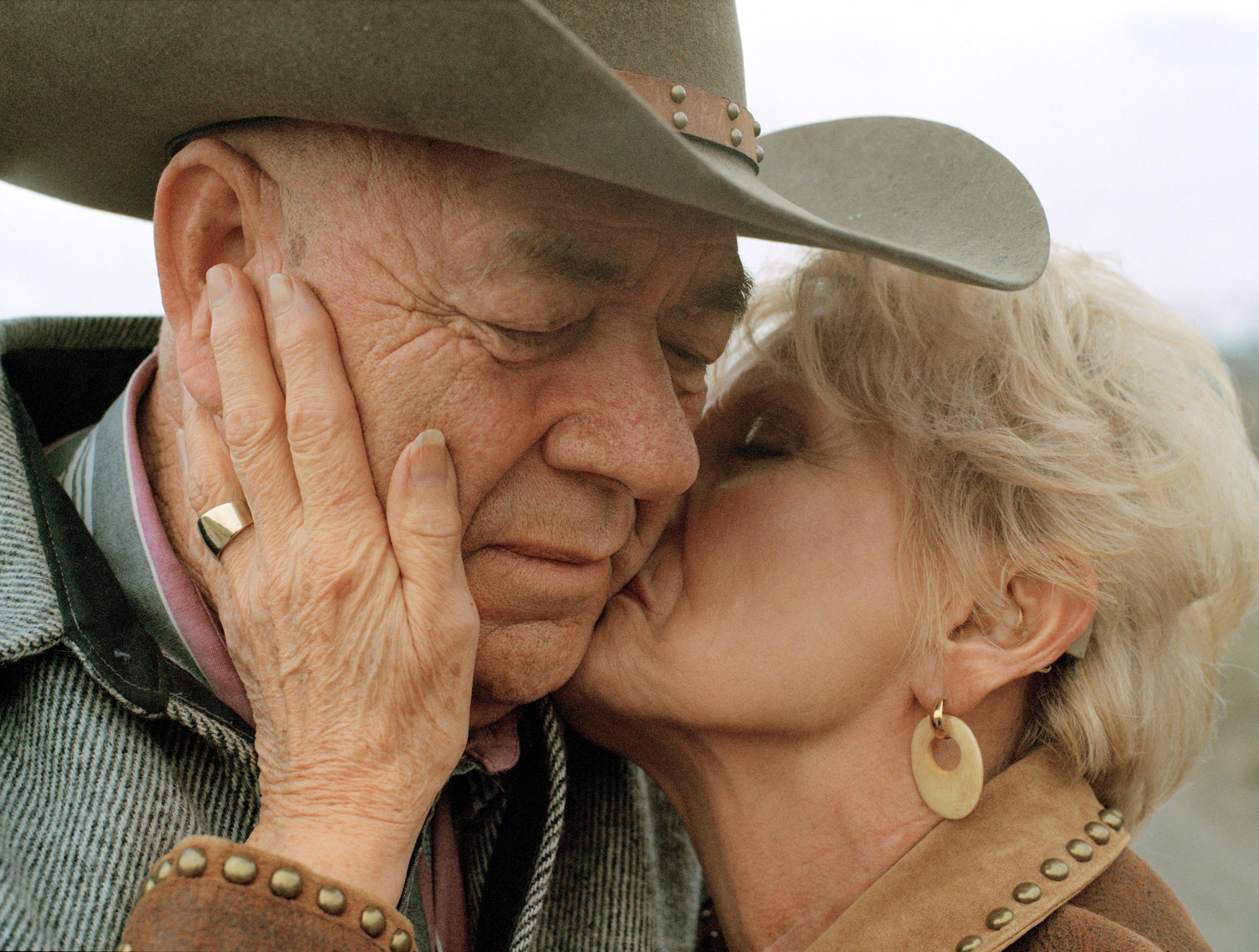
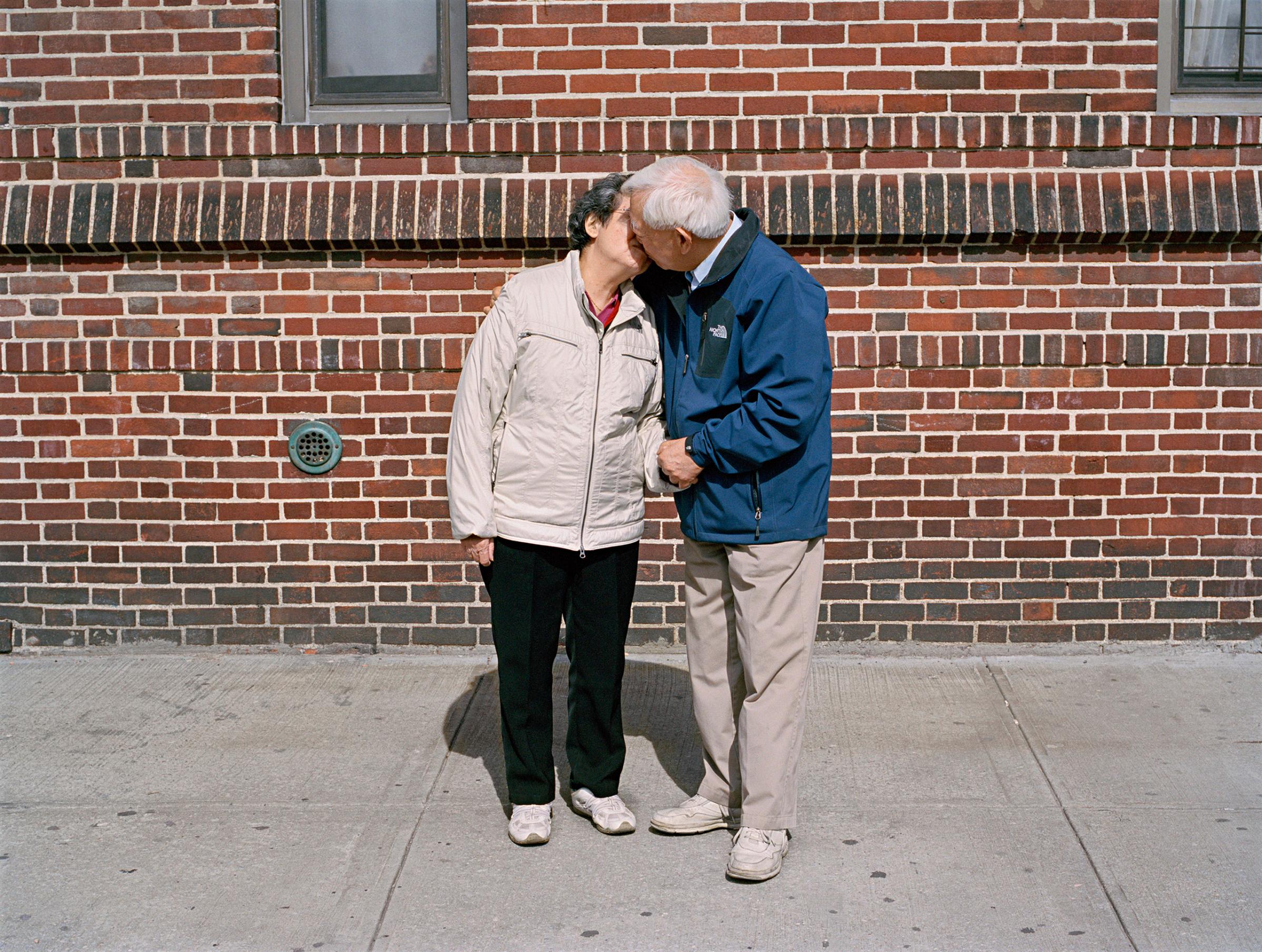
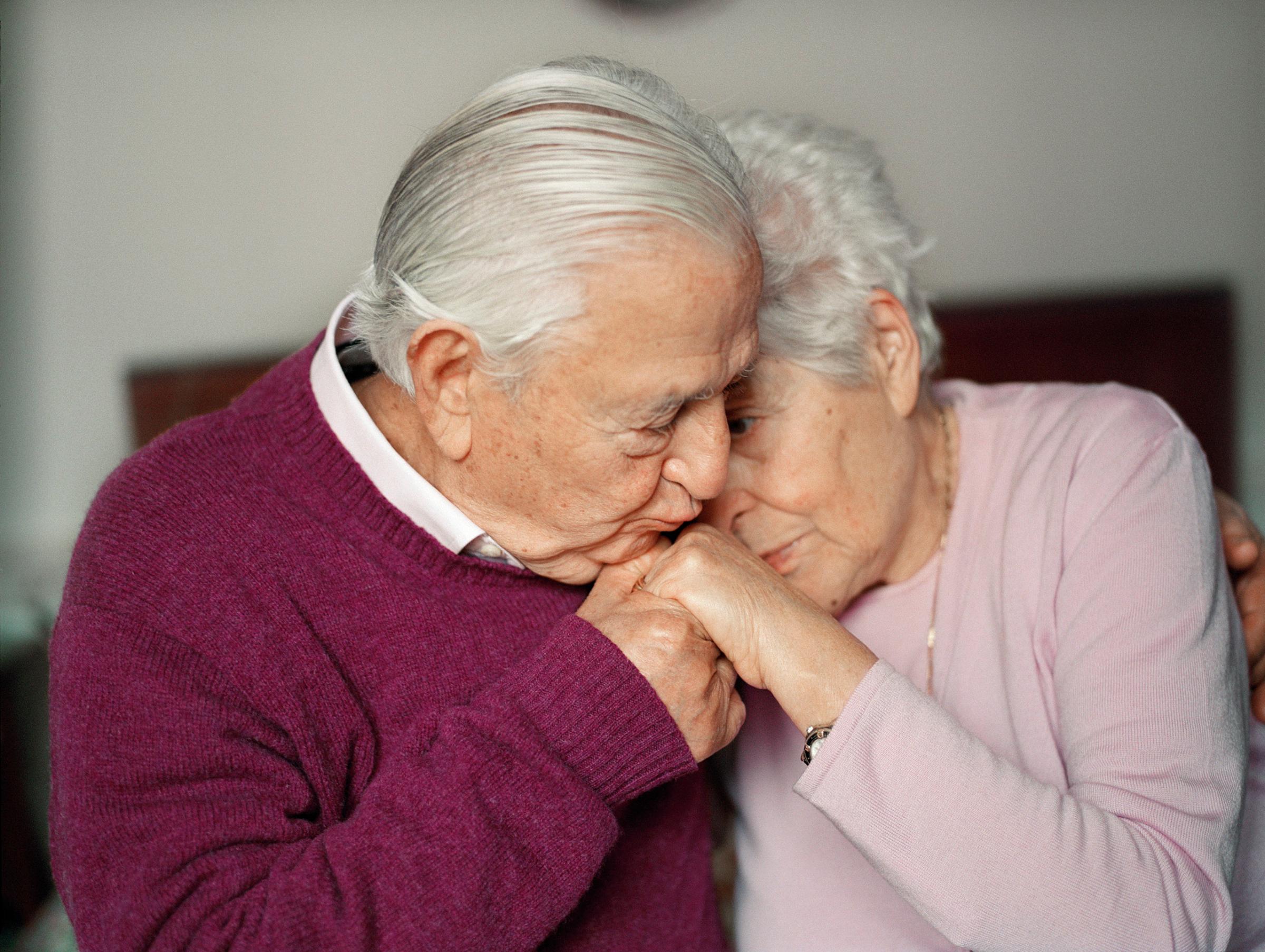
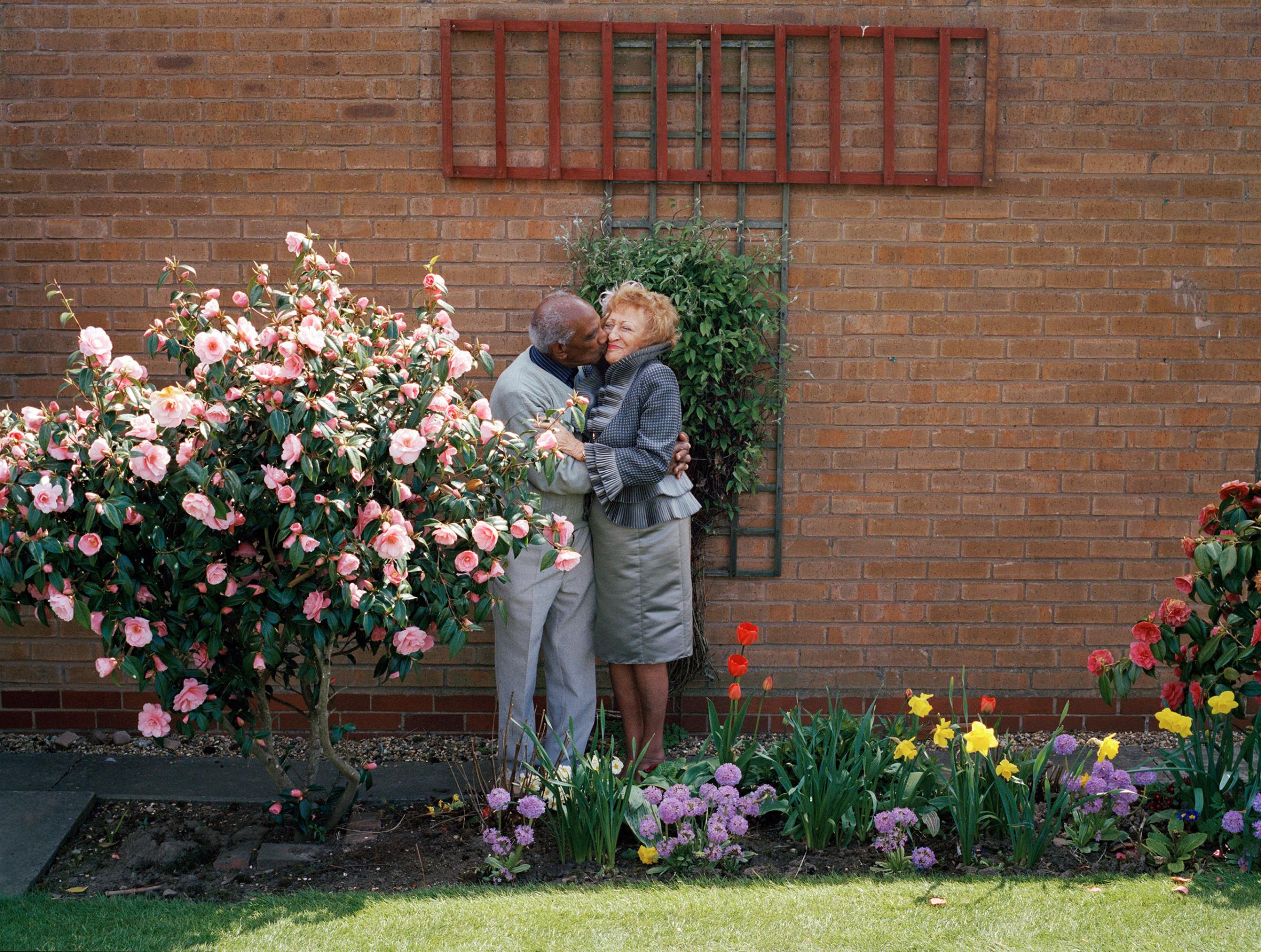
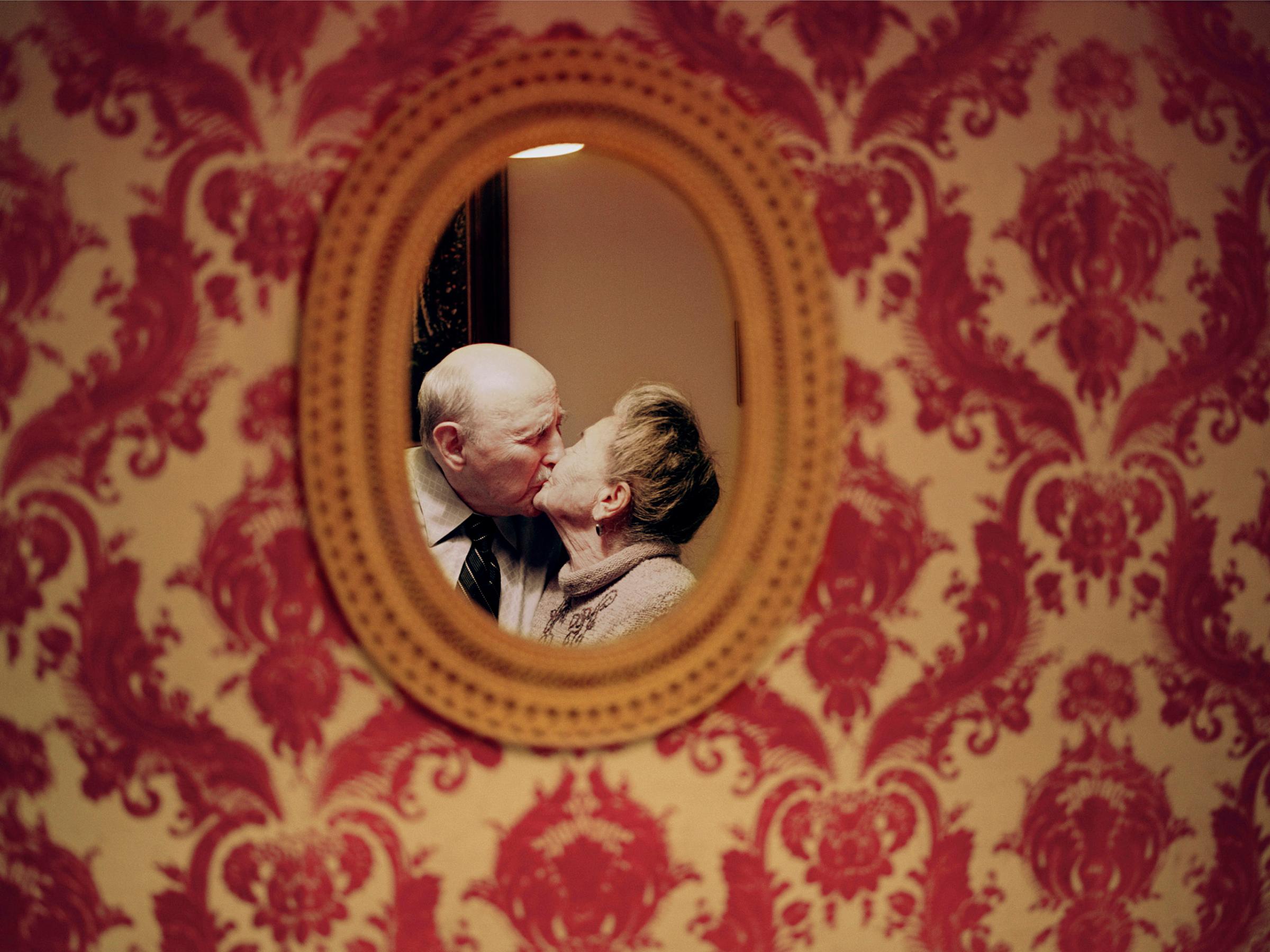
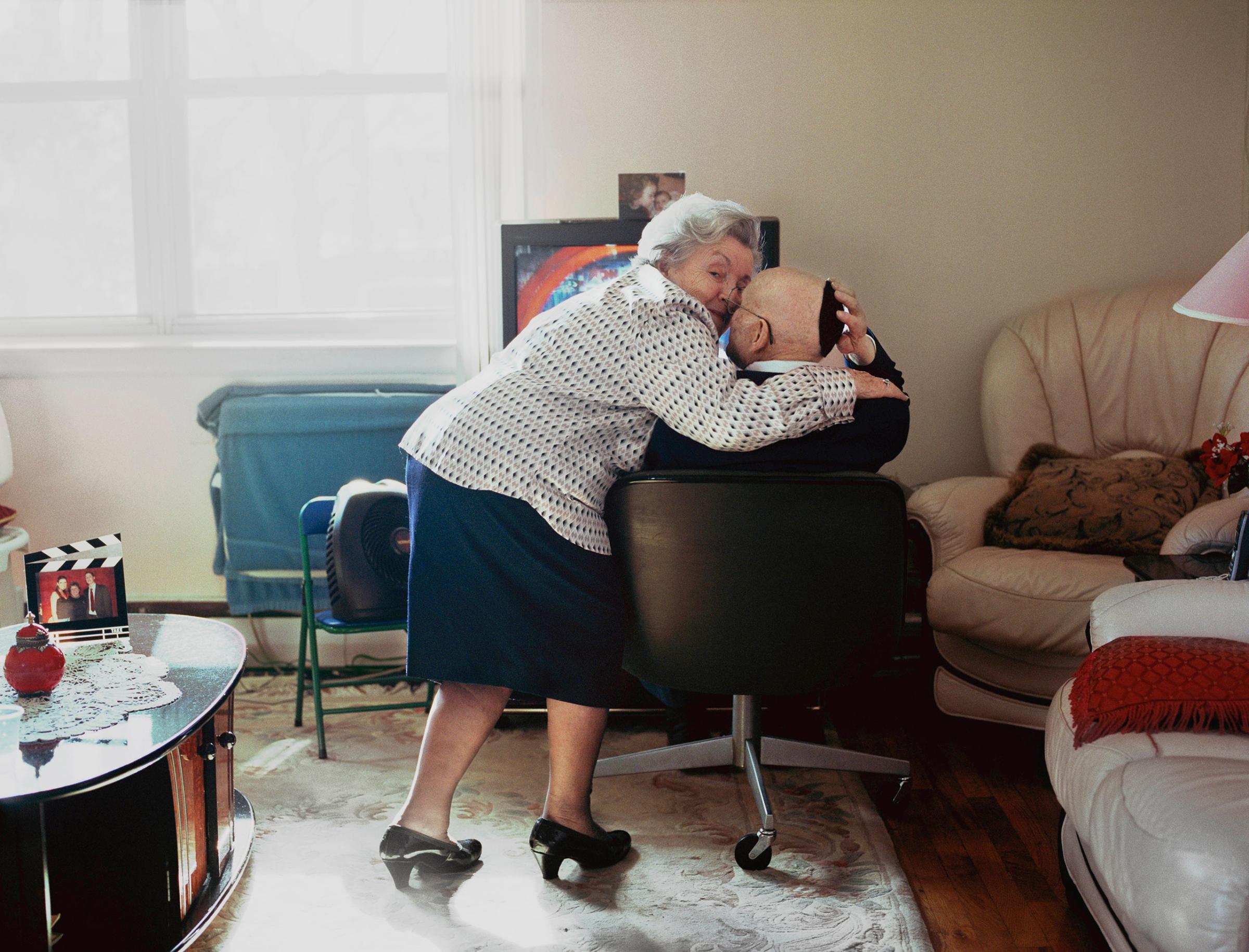
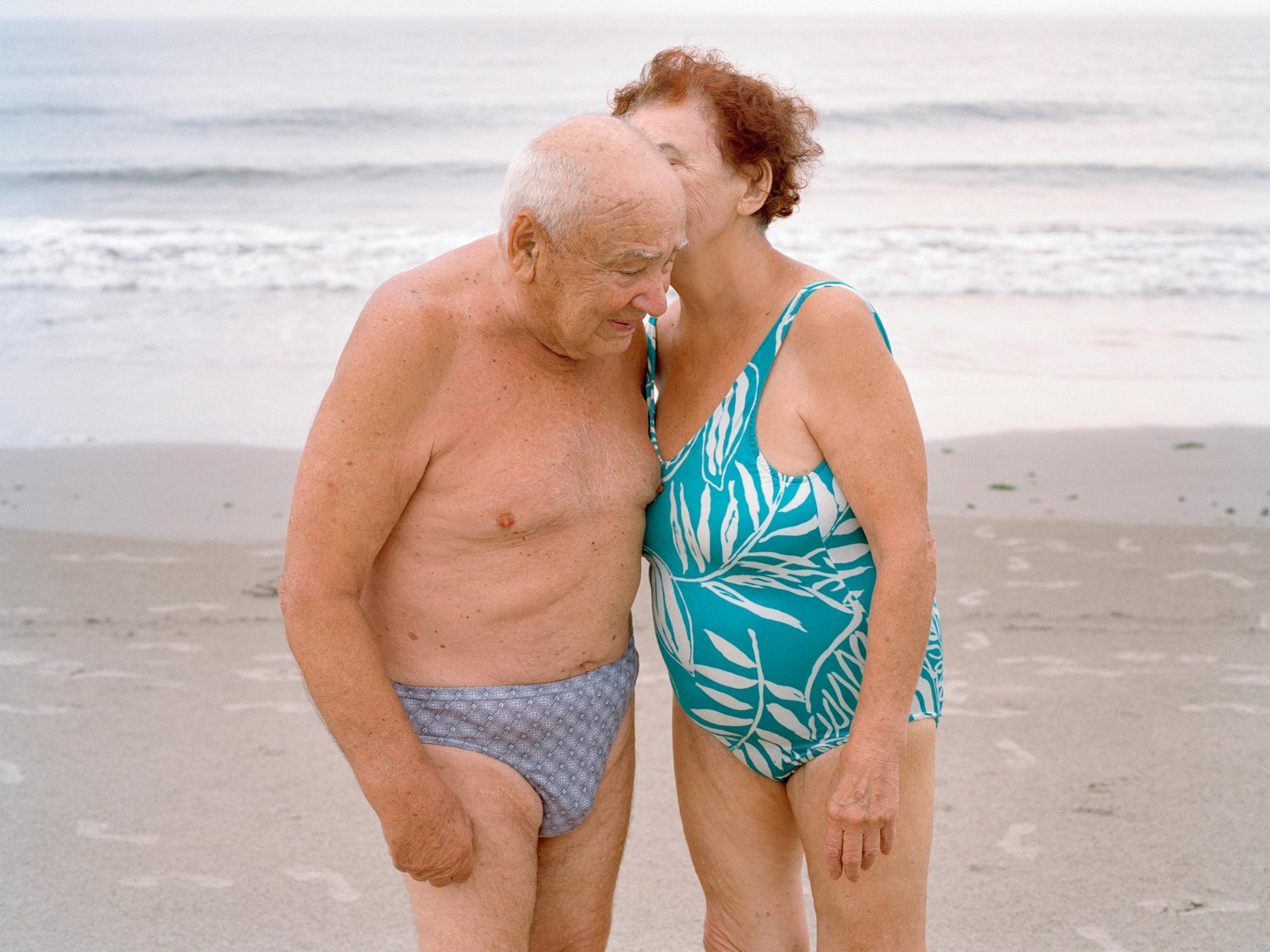
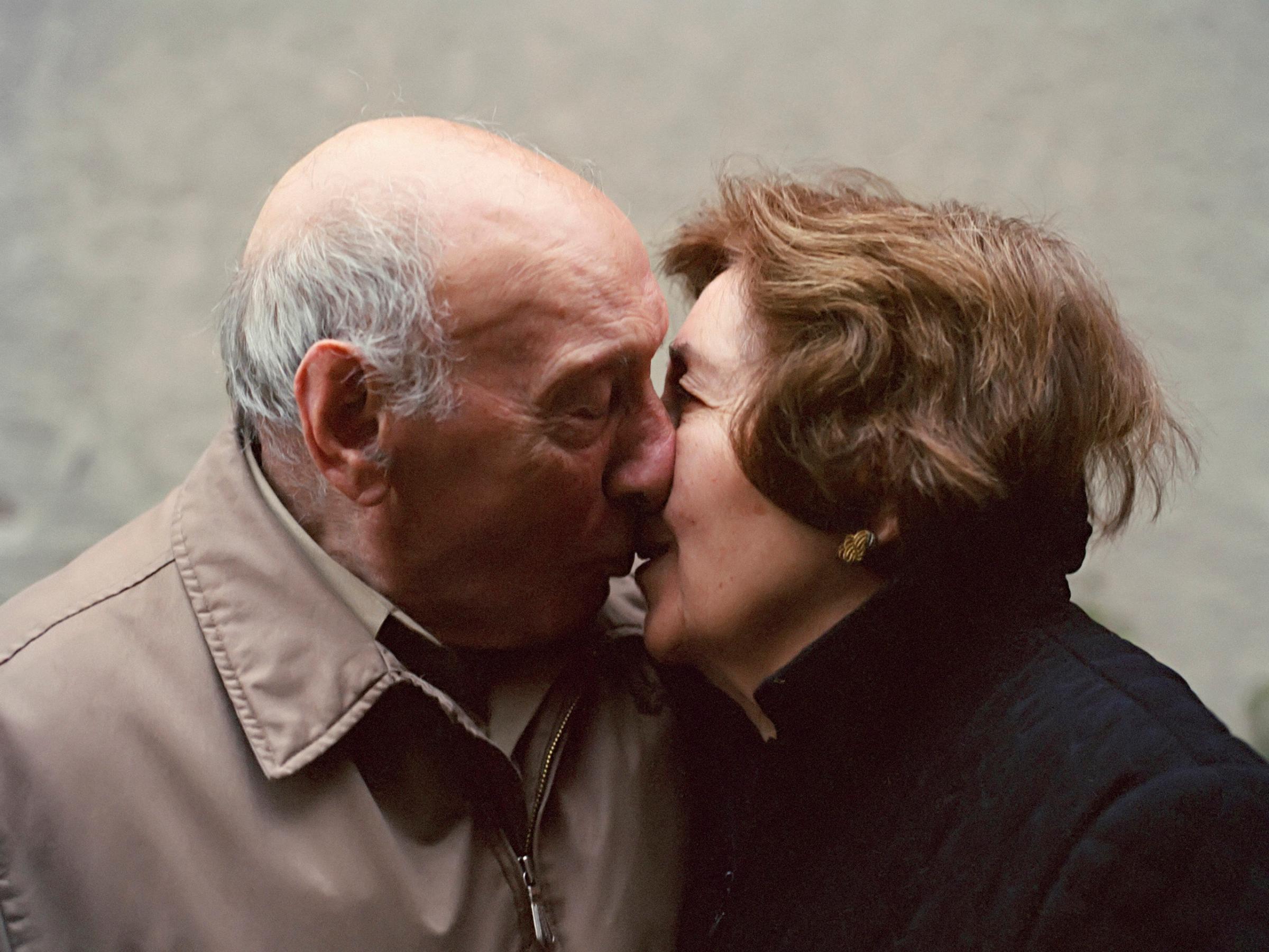
The best strategy would be for couples to ignore the holiday altogether, but they won’t because there is just too much pressure to conform to the holiday traditions from both inside and outside the relationship. From a game strategic perspective, participating in the holiday just leads to sub-optimal outcomes.
So, if you are single on Valentine’s Day, you are only missing out on the opportunity to participate in an exercise that makes everyone involved worse off than they would have been had the holiday not existed at all.
Clearly, you are better off being single on Valentine’s Day. And you are certainly no worse off by being single this Saturday than you are any other day of the year.
So, if you really want to enjoy the day, go buy yourself something that you actually want. And, in the future, you might think about dating someone with whom you arrange an efficient allocation of resources on Valentine’s Day; we recommend dating an economist.
More Must-Reads from TIME
- Why Trump’s Message Worked on Latino Men
- What Trump’s Win Could Mean for Housing
- The 100 Must-Read Books of 2024
- Sleep Doctors Share the 1 Tip That’s Changed Their Lives
- Column: Let’s Bring Back Romance
- What It’s Like to Have Long COVID As a Kid
- FX’s Say Nothing Is the Must-Watch Political Thriller of 2024
- Merle Bombardieri Is Helping People Make the Baby Decision
Contact us at letters@time.com